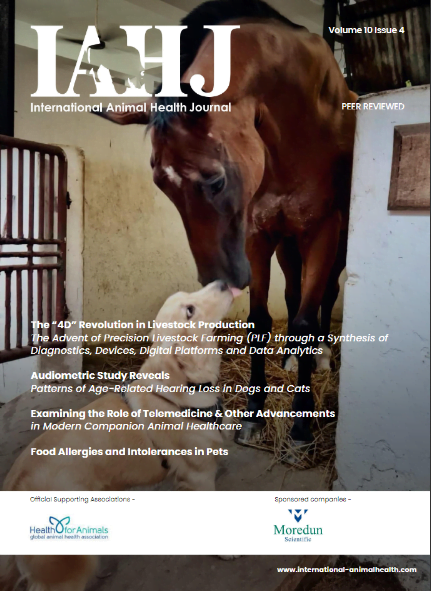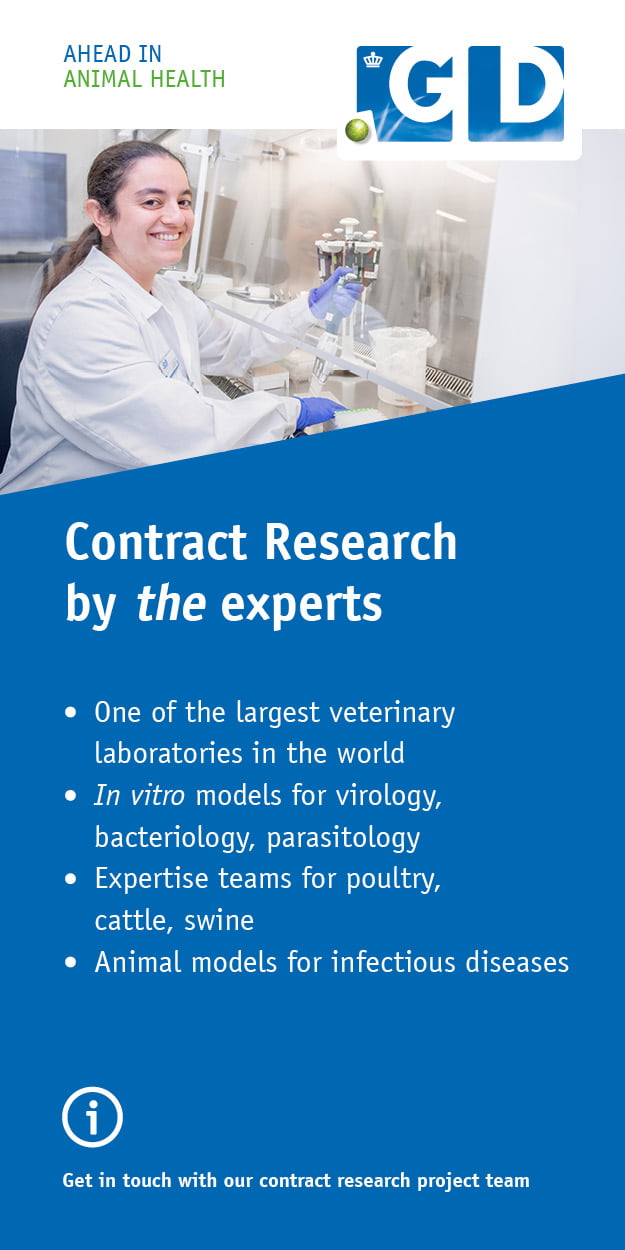
BVA issues warning amid concerns over veterinary shortages.
A ‘no-deal’ Brexit could spark a rise in demand for vets to carry out testing on horses, the BVA has warned, at a time when the workforce is already experiencing significant shortages.
The warning follows the publication of Defra’s technical notice on animal movements which suggests that, in a no-deal scenario, there could be hurdles to clear before horses are allowed to travel to the EU from the UK.
The UK would be required to apply as a listed country before horses could travel, but horses would be subjected to a wide array of disease testing before they would be cleared.
If additional blood tests are required, the increased cost is estimated to be between £200 and £500 depending on the third country category the UK is placed in after leaving the EU.
Currently, a vet needs to hold a recognised equine exports qualification, in addition to their veterinary degree, to be authorised to sign an export health certificate. But a recent BVA survey of Official Veterinarians found that 66 per cent who currently hold this module are not planning to renew their qualification when it is next required.
“A no-deal Brexit could see a surge in demand for vets to carry out disease checks on horses, heaping pressure on this specialist section of the workforce when they are already experiencing uncertainty and shortages,” said BVA president Simon Doherty.
“It’s doubly worrying that two-thirds of vets holding the required equine exports module plan to drop this qualification. This is partly due to some concerns about the current training and revalidation system being onerous, costly and not fit for purpose, and we have been working with the Animal and Plant Health Agency to help identify where improvements could be made.”
He continues: “Finally if this situation comes to pass it will be critical that laboratories have the capacity and required support to deal with such a huge increase in demand for their services. We will continue to engage with the government on these points as part of our wider activity supporting members and exploring the potential impacts of a no-deal Brexit on the workforce and animal welfare.”
No-deal Brexit could spark rise in demand for horse health checks
Animal Health Media © 2024, All Rights Reserved – Powered by Teksyte












